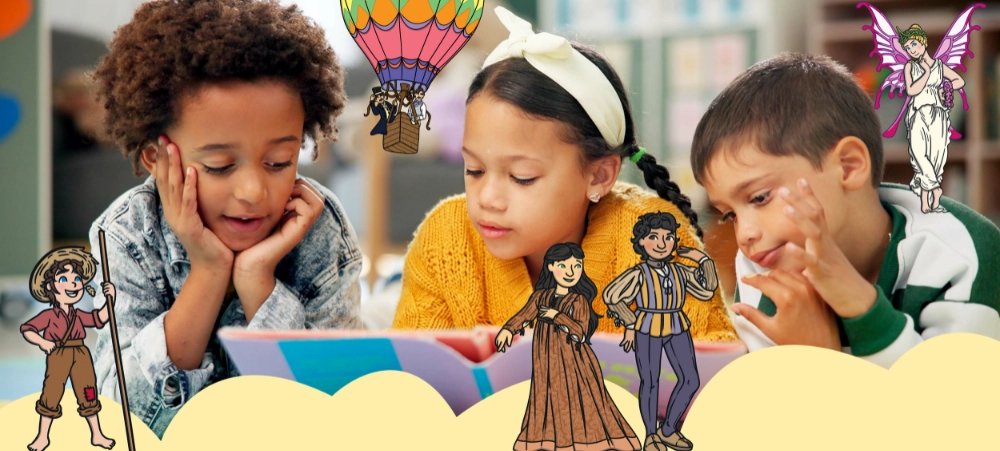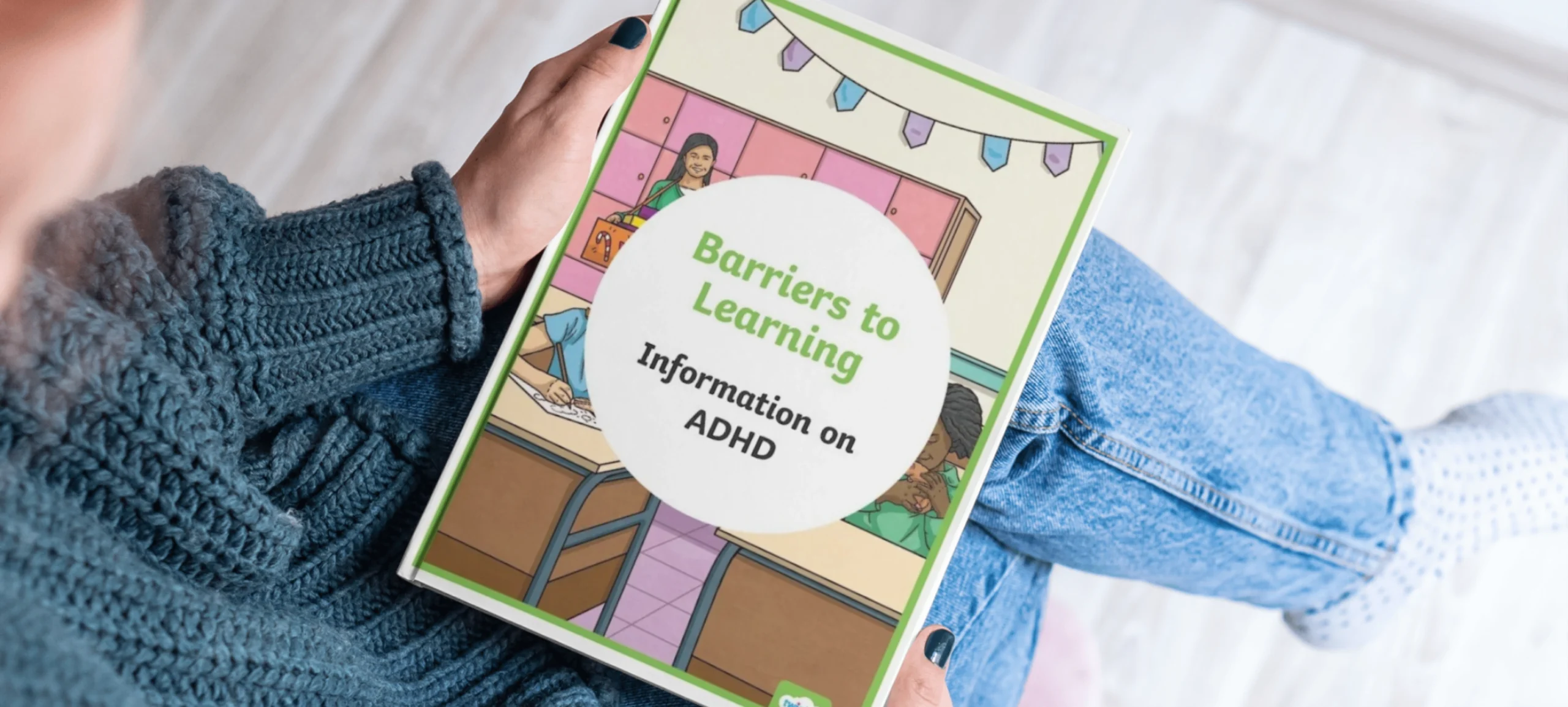READING … It has been said that in Grade 0 – 3 a child learns to read and from Grade 4 up, they read to learn. Learning to read is different from learning to communicate. Children are born with the inherent ability to learn to communicate, but they are not born with the inherent ability to learn to read. As such, teaching reading needs to be systematic and intentional.
Sadly, for many of our children, they miss out on the foundations of learning to read which impacts negatively on their ability to learn throughout life. Although accurate statistics are hard to come by, the evidence is conclusive that South Africa’s rate of illiteracy in our schools it frighteningly high. In 2021, the Progress of International Literacy (PIRLS) study reported that 80% of students in South Africa, in Grade 4 were illiterate! This is beyond frightening and we need to systematically and intentionally intervene to turn the tide of growing illiteracy.
In a world dominated by screens and soundbites, the art of reading seems to be fading into the background. Yet, it’s importance remains as crucial as ever. Learning to read properly isn’t just about deciphering words on a page, it’s about unlocking a world of possibilities, expanding horizon and empowering individuals to navigate the complexities of life with confidence and insight.
The Gateway to Knowledge
Reading is a key that opens countless doors to knowledge, wisdom and imagination. From textbooks to literature, news articles to scientific papers, reading with comprehension allows a person to access to a wealth of information. Mastering the skill of reading is paramount! It takes a child beyond the doors of their classrooms into a world of possibilities.
Once you learn to read, you will be forever free.” — Frederick Douglass

Empowering Critical Thinking
Reading isn’t merely about absorbing words. It’s about engaging with ideas, analyzing perspectives and challenging assumptions. Proper reading comprehension cultivates critical thinking skills essential for navigating an ever increasingly complex world. Student who can read effectively are better equipped to evaluate information critically, discern fact from opinion, and form their own well-informed judgments.
Fostering Empathy and Understanding
Literature has the power to transport readers into the lives of others, which fosters empathy and understanding. Through the pages of novels, short stories and poems, children encounter diverse characters and perspectives, gaining insights into different cultures, experiences and emotions. These literally journeys broaden children’s worldview and cultivate empathy, which is a vital attribute for building harmonious relationships and thriving in a multicultural society.
Enhancing Communication Skills
Reading also extensively is a cornerstone of success in both academic and professional realms. Reading extensively exposes students to various writing styles, vocabulary and sentence structures, which enhances their own language proficiency. Furthermore, exposure to well-written texts serves as a model for developing coherent arguments, articulating thoughts clearly and communicating ideas persuasively. These are skills which are invaluable in academic essays, presentations and other everyday interactions.

“Children are made readers in the laps of their parents.” -Emilie Buchwald
Fuelling Imagination and Creativity
Books are portals to boundless worlds limited only by one’s imagination. Through the pages of fiction, students embark on fantastical adventures, explore distant galaxies and immerse themselves in richly imagined landscapes. Reading stimulates creativity, igniting the imagination and inspiring individuals to think innovatively. For students nurturing creativity through reading fosters a sense of possibility and fuels their aspirations for the future.
Building Resilience and Grit
The journey of learning to read proficiently is often fraught with challenges – encountering unfamiliar works, grappling with complex concepts and overcoming moments of frustration. Through perseverance in the face of these obstacles that resilience and grit are forged. Students who persist in honing their reading skills develop the confidence to tackle academic challenges head-on and the resilience to navigate setbacks with determination.
Cultivating Lifelong Learning
Reading is not merely a skill to be mastered in school but is lifelong companion on the journey of personal growth and self-discovery. Students who cultivate a love for reading are more likely to become lifelong learners, continuously seeking out new knowledge and experiences beyond the confines of formal education. Whether delving into non-fiction to expand the expertise or losing themselves in the pages of fiction for pure enjoyment, the habit of reading enriches their lives immeasurably.
In an age dominated by rapid technological advancements, the ability to read properly remains a timeless and indispensable skill. For children, mastering this skill is not just about meeting their academic requirements but about equipping them with the tools needed to thrive. By unlocking the power of reading, children embark on a journey of discovery, a journey that transcends the confines of the classroom and shapes the course of their lives.

And all this begins by parents developing a love of books in their children!
- Mastering Exam Prep: How to Ace Writing Exams Without Losing Your Mind (or Social Life!) - October 10, 2024
- The Dreaded “Dys” … understanding Dyslexia and Dyscalculia - September 10, 2024
- The Impact of Screen Time on Children’s Physical Development - August 16, 2024






3 thoughts on “Unlocking the power of reading”
That is so true. We started early with our child with regular reading and opening books. Now he have the habit of reading and actually not interest at screen time at all!
This is fantastic advice to all parents of young children.
Thank you!
This article beautifully encapsulates the transformative potential of reading. It’s inspiring to see how it emphasizes the profound impact that books can have on our lives.